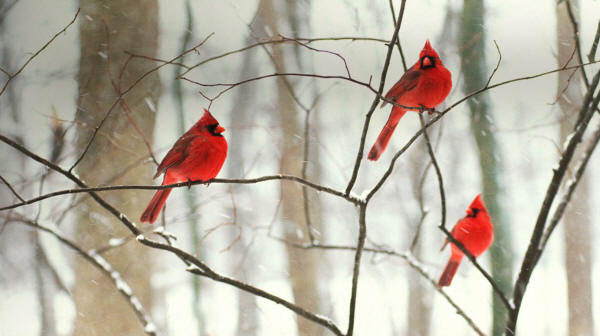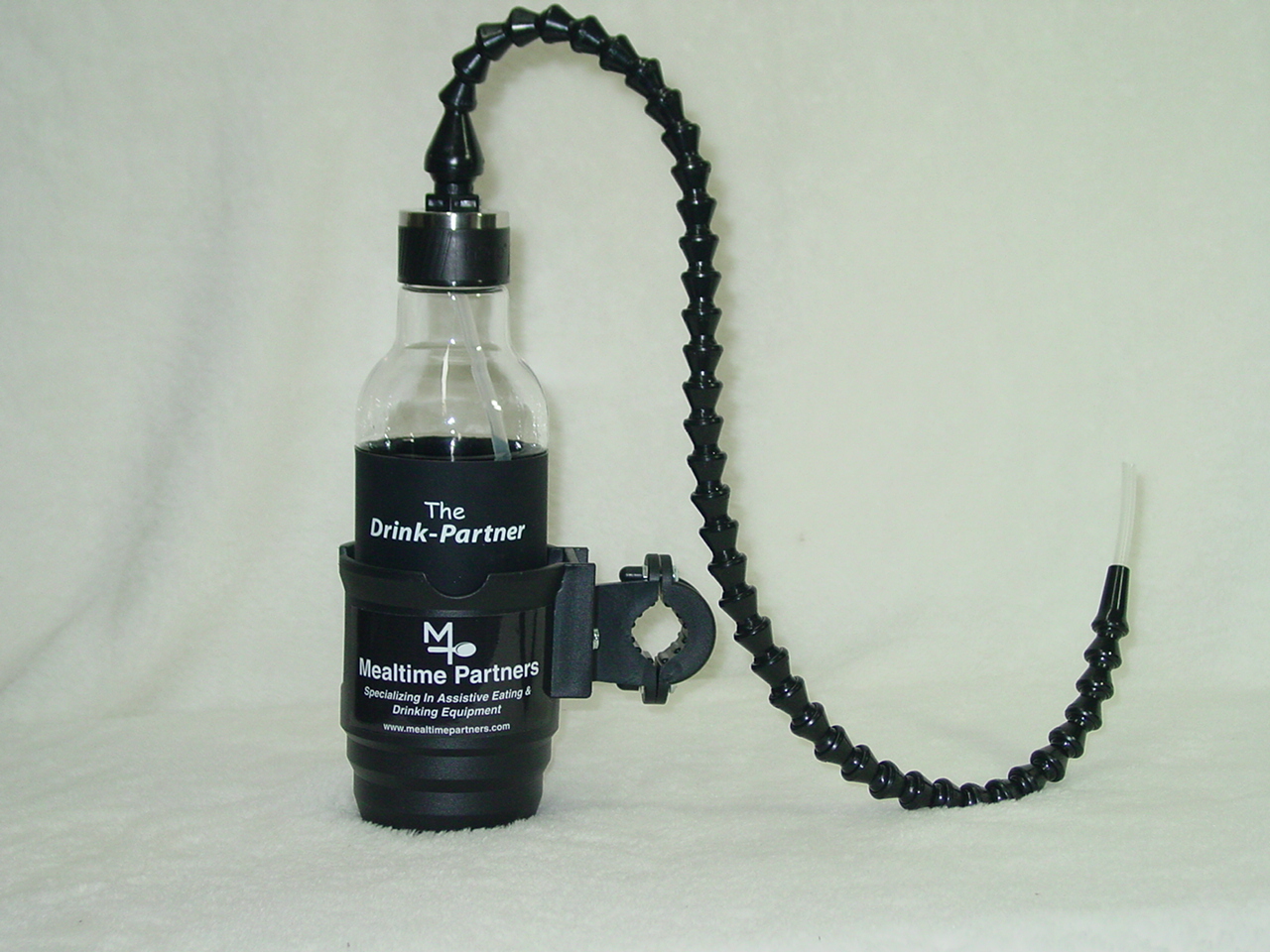December 2019 Independent Eating and Drinking Newsletter
| Independent Eating and Drinking are Wonderful |
 |
| December Newsletter Topics: |
|
| Subscribe to Newsletters |
Seasons Greetings from Mealtime Partners, Inc.
| Wishing everyone a holiday filled with happiness and joy. |
 |
| May 2020 be a wonderful year for you! |
At this time of year we are seeing pomegranates in the store and so it is a good time to discuss this fruit. The pomegranate has been cultivated throughout the Mediterranean, and Middle East regions for centuries and has been used in cooking, and made into juice and wine. It was introduced into California in the 16th century by Spanish settlers and is still grown in that area today. Additionally, its growing region in the United States has expanded into Arizona. The word pomegranate is derived from the Latin pōmum "apple" and grānātum "seeded”. The French name for the fruit gave its name to the explosive weapons that are hand-held and thrown – grenades!
 Over
the centuries this fruit has been believed to have health benefits
and healing properties. This conviction continues today even though
there have been only a limited number of studies to verify the
veracity of the convictions. In 2017, the National Center for
Complimentary and Integrative Health (NCCIH), which is part of the
National Institutes of Health (NIH), published an overview of what
is currently scientifically known about the health effects of
pomegranates. The report states that a 2012 study of 100 dialysis
patients indicated that the participants who received pomegranate
juice, versus the controls that received a placebo, had fewer
infections causing hospitalization and fewer signs of inflammation.
Another study conducted in 2011 indicated that mouthwash that had
pomegranate extract in it helped to control dental plaque. Finally,
the report said that heart disease may be helped by pomegranate but
the research is not definitive. (Click
here to view the NIH reference article.)
Over
the centuries this fruit has been believed to have health benefits
and healing properties. This conviction continues today even though
there have been only a limited number of studies to verify the
veracity of the convictions. In 2017, the National Center for
Complimentary and Integrative Health (NCCIH), which is part of the
National Institutes of Health (NIH), published an overview of what
is currently scientifically known about the health effects of
pomegranates. The report states that a 2012 study of 100 dialysis
patients indicated that the participants who received pomegranate
juice, versus the controls that received a placebo, had fewer
infections causing hospitalization and fewer signs of inflammation.
Another study conducted in 2011 indicated that mouthwash that had
pomegranate extract in it helped to control dental plaque. Finally,
the report said that heart disease may be helped by pomegranate but
the research is not definitive. (Click
here to view the NIH reference article.)
Over the past decade pomegranate juice has become more and more popular and the manufacturers have promoted it as a very healthful drink that will improve health, and provide many anti-disease benefits. However, in 2016 the Federal Trade Commission (FTC) issued a letter saying that these claims could not be made as they were false advertising. After a legal battle the FTC ruling was upheld and pomegranate juice cannot be advertised as having any special health or healing benefits.
Regardless of the science just discussed, pomegranates are a very good source of nutrition. A single 100 gram serving (or 3.5 oz) provides:
Energy: 346 kJ (i.e., 83 kcal)
Carbohydrates: 18.7 g
Sugars 13.67 g
Dietary Fiber 4 g
Fat: 1.17 g
Protein: 1.67 g
Vitamins:
Thiamine (B1) 6% (0.067 mg)
Riboflavin (B2) 4% (0.053 mg)
Niacin (B3) 2% (0.293 mg)
Pantothenic acid (B5) 8%
Vitamin B6 6% (0.075 mg)
Folate (B9) 10% (38 mg)
Choline 2% (7.6 mg)
Vitamin C 12% (10.2 mg)
Vitamin E 4% (0.6 mg)
Vitamin K 16% (16.4 mg)
Minerals:
Calcium 1% (10 mg)
Iron 2% (0.3 mg)
Magnesium 3% (12 mg)
Manganese 6% (0.119 mg)
Phosphorus 5% (26 mg)
Potassium 5% (236 mg)
Sodium 0% (3 mg)
Zinc 4% (0.35 mg)
Therefore, it is not surprising that it was thought to be a wonder fruit. Enjoy a pomegranate or two during the holidays. Their bright red seeds, called arils, offer an interesting change of pace to the routine apples and oranges.
| A Perfect Gift for the Holidays |
| Looking for that special present for a loved one? Consider giving a Drink-Partner Drinking System. This drinking system can be mounted on either manual or powered wheelchairs and provides a drink, hands free, whenever the user wants. |
 |
| This is a gift that is of value throughout the year. It provides hands-free access to the drink of your loved ones choice. |
| --------------------------------------------------------------------- |
| To purchase the Drink-Partner or any of our hands-free drinking systems, click here. Or, call us at 800-996-8607 to talk to a representative. |
.
|
Did you know? Did you know that Animal Crackers were originally developed to be hung on a Christmas tree? The “string handle” on the boxes was to slip over the branches to hold it on the tree. Legend has it that candy canes were shaped like a shepherd’s crook and were invented to be handed out to children in a church nativity scene to keep them quite during the service. What are sugar plums? At Christmas, we see the dance of the sugar plum fairy. Children have visions of sugar plums dancing in their heads, but what is a sugar plum? It is a confection invented around the 1600's that was made by dipping a nut, seed, or spice into repeated layers of sugar. It was a time consuming process and thus a very expensive treat. It was called a sugar plum simply because it was sugar that was the size and shape of a plum. Mince Meat pies have been a holiday treat for centuries, however, originally they were made with meat, suet, fruits, nuts, and spices. They did not have a crust. The crust was added later, and even later the meat was removed. Christmas cookies were made in medieval Germany initially. They were hung on Christmas trees as ornaments along with fruit. However, they were replaced with permanent ornaments and the cookies became a gift for Santa. |